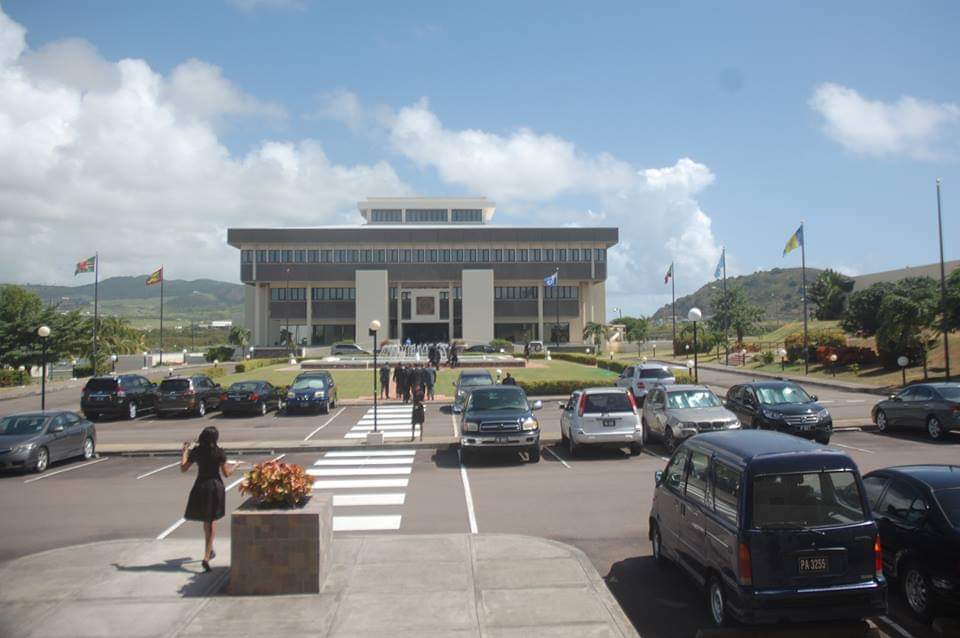
1029/2018
By: Erasmus Williams
Basseterre, St. Kitts, November 28, 2018 – The Monetary Council of the Eastern Caribbean Central Bank is reporting a slight deterioration in monetary and credit conditions as at June 30, 2018 with decreases in deposits and assets.
“Monetary and Credit conditions in the ECCU banking system showed a slight deterioration as at the end of June 2018 when compared with the same period in the previous year, but remained favourable,” the ECCU said in its communique following the 92nd Meeting of the Monetary Council of the Eastern Caribbean Central Bank on November 16.
The ECCU commenting on the financial stability in the financial space informed that as at 30 June 2018, the ECCU commercial banking sector was assessed as stable when compared to the previous quarter’s performance.
However Council noted that total assets decreased by 0.26 per cent ($80.4 million) to $30,701.4 million; deposits decreased by 0.22 per cent ($46.6 million) to $21,530.8 million; and loans and advances recorded a nominal increase of 0.12 per cent ($14.3 million) to $12,223.0 million.
It said the Currency Union’s exchange rate arrangement continued to be well supported by an adequate level of foreign currency reserves.
“The backing ratio stood at 97.5 per cent, which was notably above the operational (80 per cent) and statutory (60.0 per cent) limits. Private sector credit from banks rose by 0.4 per cent ($40.4 million) mainly on account of 9 per cent ($32.4 million) increase in credit to private businesses,” the ECCU said.
It further noted that global growth projections have been revised slightly downward to 7 per cent for both 2018 and 2019 compared with 3.9 per cent in the IMF’s World Economic Outlook April 2018 projections.
The ECCU communique stated that US growth is expected to remain robust at 2.9 per cent in 2018, supported by the recent fiscal stimulus. However, the forecast is for slower growth in 2019 as the stimulus of the tax cuts fades.
The downside risks had strengthened in recent months including the escalating global trade tensions; tightening of financial conditions particularly in emerging markets; rising oil prices; and climate Change.
Following deliberations on the state of monetary and credit conditions, Council agreed to maintain the Minimum Savings Deposit Rate at 2.0 per cent and the Central Bank’s discount rate at 6.5 per cent.
The Minimum Savings Rate is the lowest rate that commercial banks can offer on savings deposits. The Central Bank’s Discount Rate is the rate at which the ECCB lends to commercial banks and governments.












